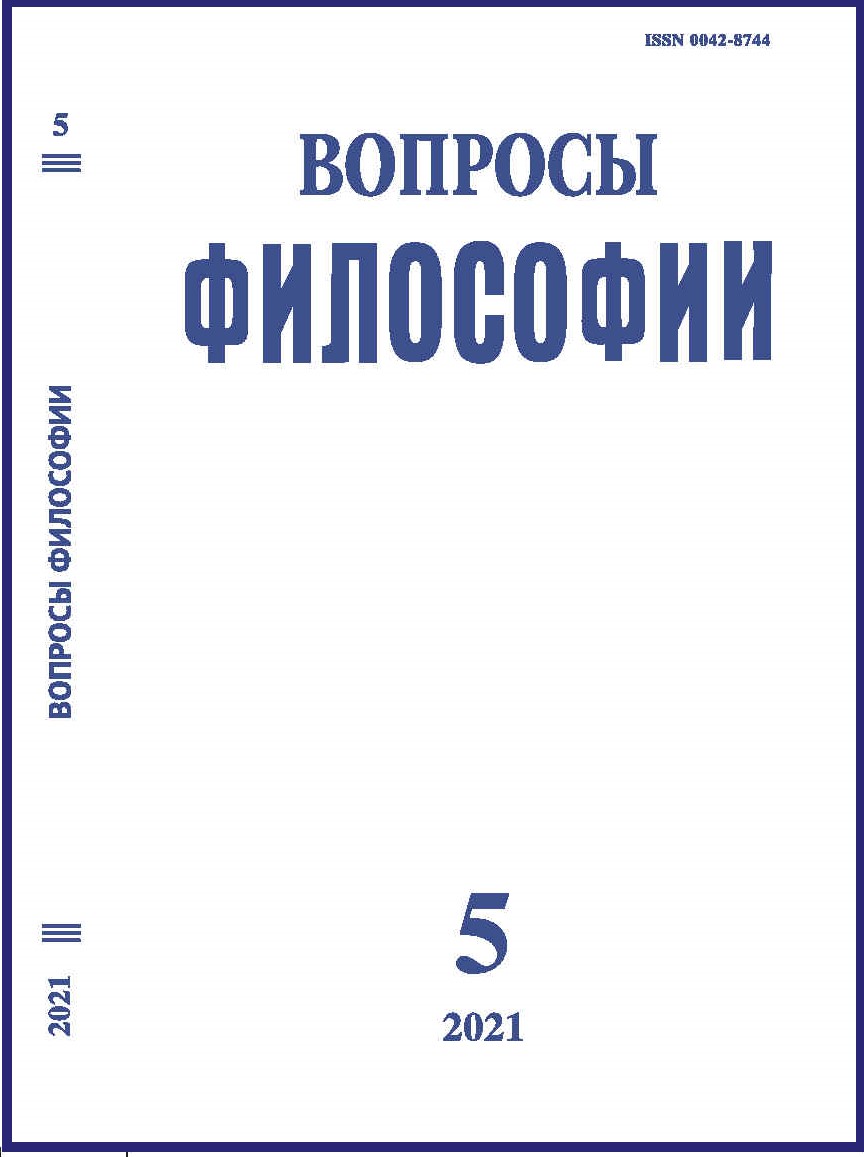Социальные практики конфуцианства начала ХХ в.: Кан Ю-вэй и «Небесный народ». Кан Ю-вэй. Книга о Великом единении (Да тун шу). Из части 6. Уничтожение границ семьи и создание «Небесного народа». Пер. с китайского и прим. Д.Е. Мартынова.
DOI:
https://doi.org/10.21146/0042-8744-2021-5-199-203Ключевые слова:
Кан Ю-вэй, «Да тун шу», эпоха Цин, конфуцианство, общество, институт семьи, модерн.Аннотация
Вниманию читателей предлагается первый русский перевод выдержек из шестой части трактата «Да тун шу» Кан Ю-вэя (1858–1927). Кан Ю-вэй предложил оригинальный проект радикального освобождения человечества, в котором традиционные механизмы семьи, брака и гендерного неравенства и принуждения будут ликвидированы, а заботу над каждым человеком на каждом этапе его жизненного пути возьмет на себя государство. Кан Ю-вэй придерживался того взгляда, что главной целью жизни человека является достижение состояния счастья и удовлетворение всех возникающих потребностей. Врожденный гедонизм входит в противоречие с необходимостью продолжения рода. По мысли Кан Ю-вэя, институт семьи был создан в глубокой древности и является порождением насилия и подавления. В будущем свободное партнерство будет избавлено от тягот взращивания и воспитания будущих поколений.

